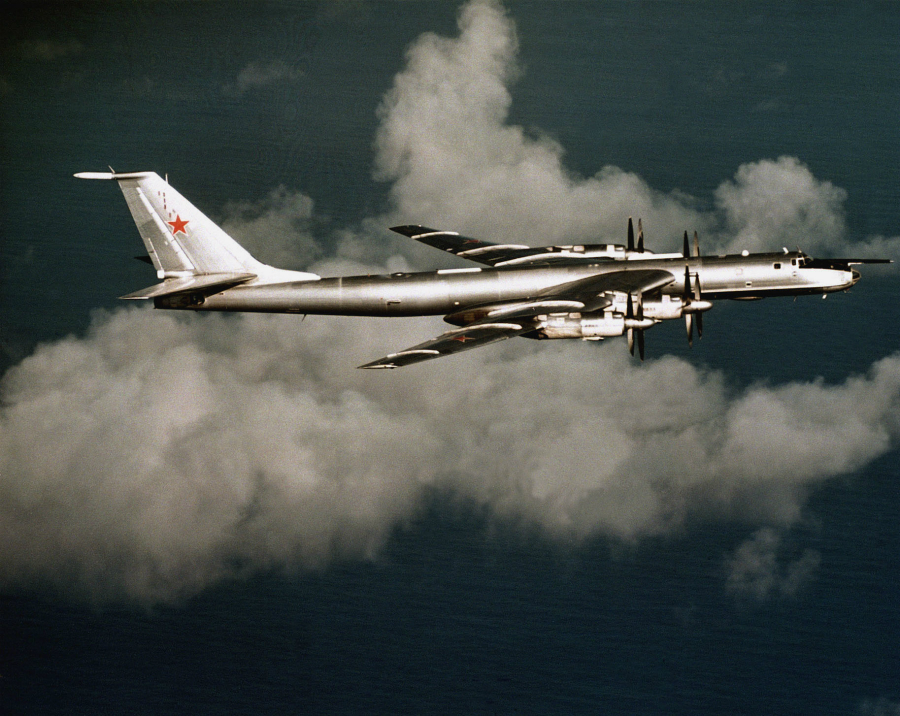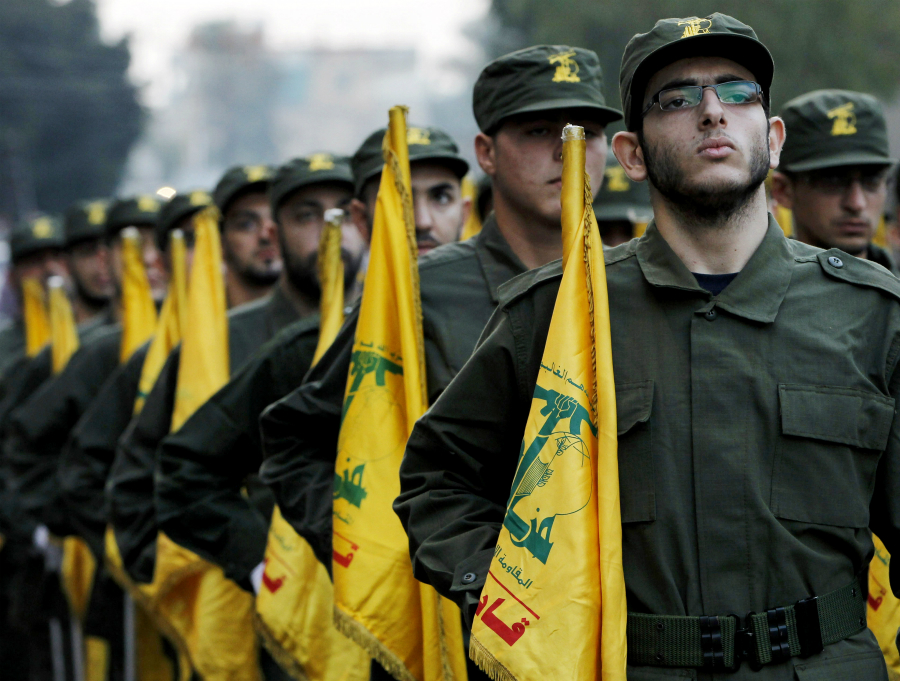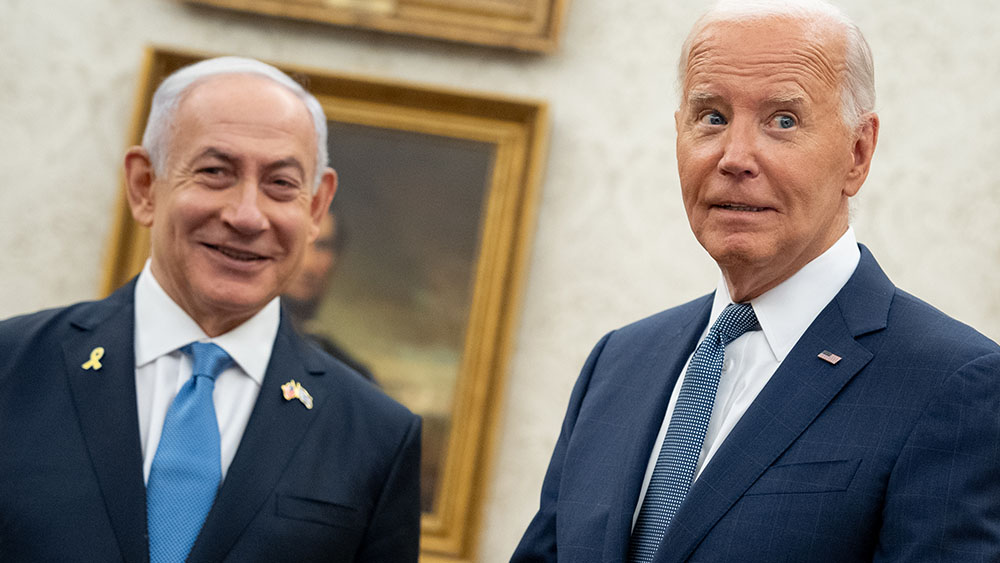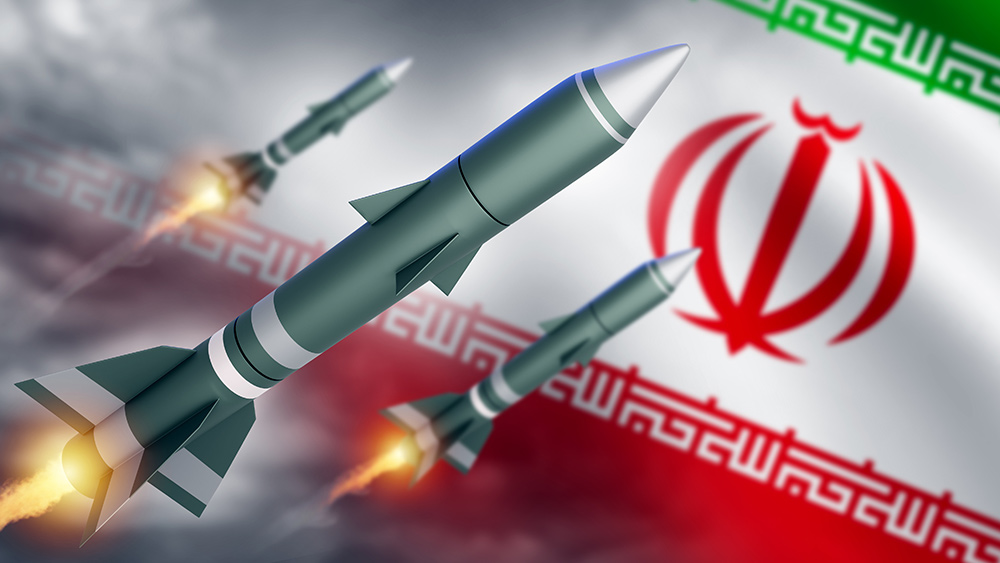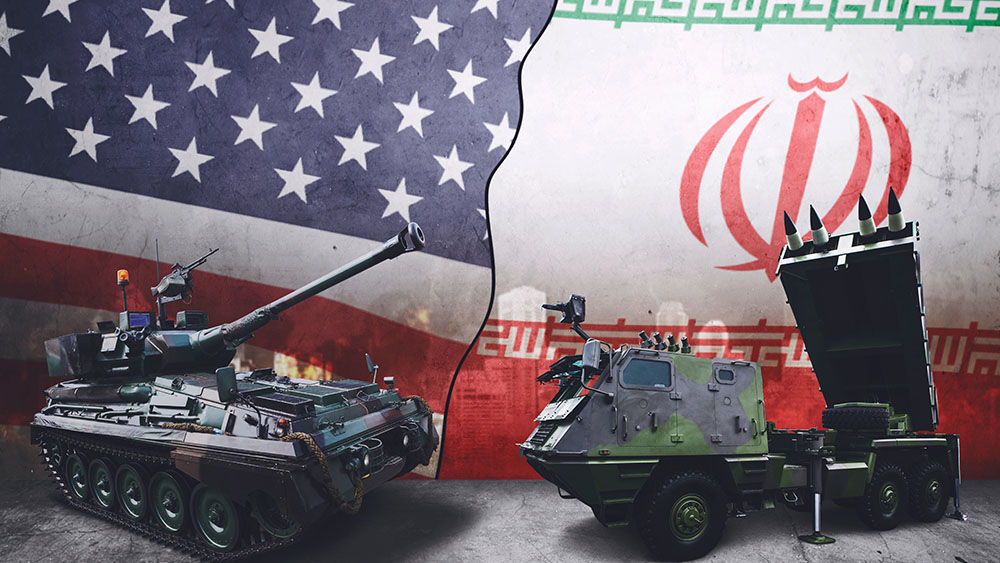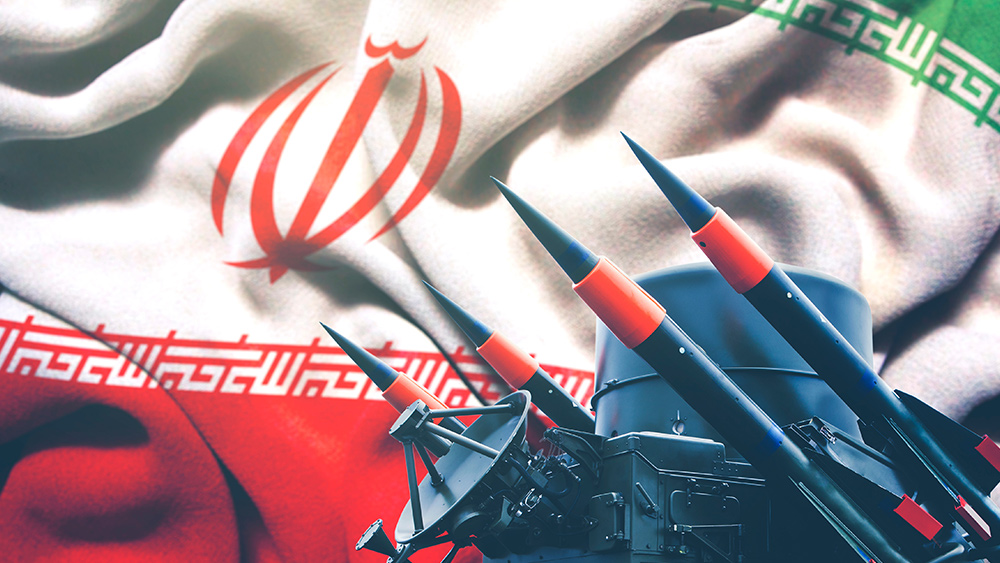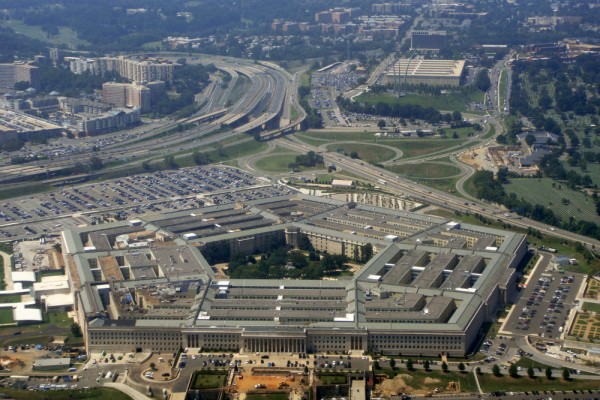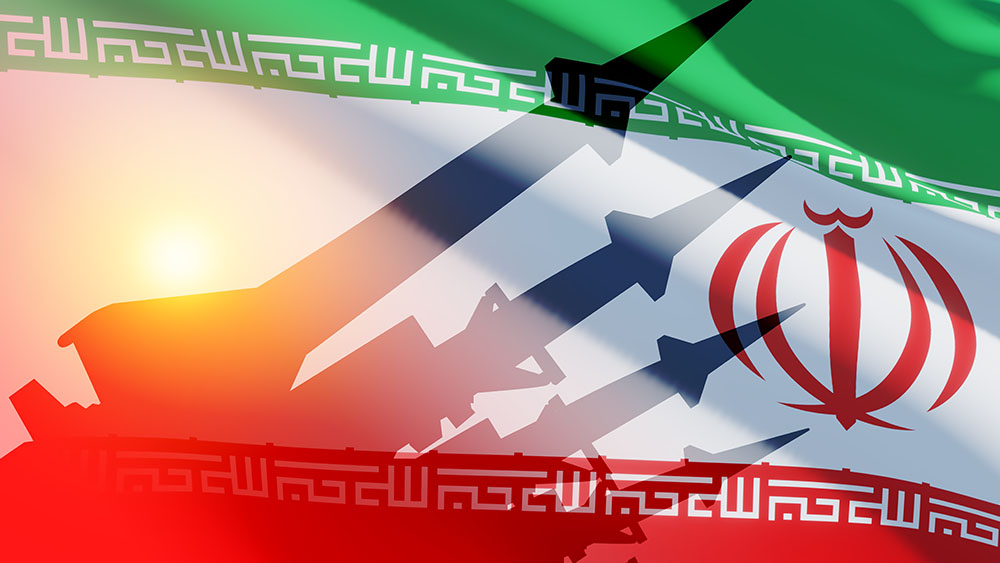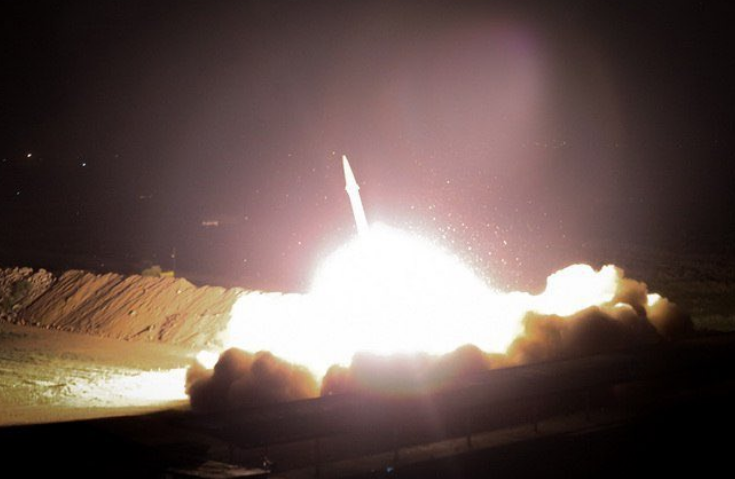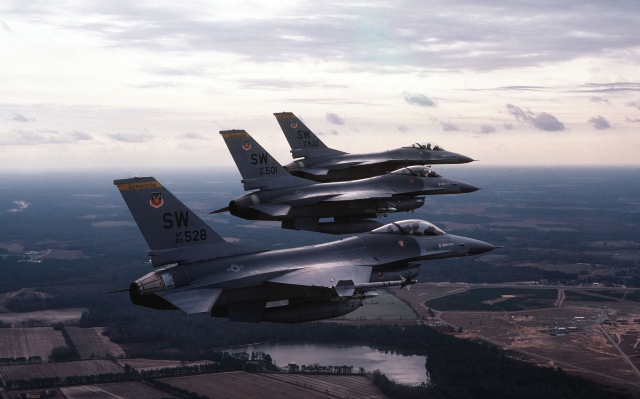China alarmed by U.S.-made missile system sent to the Philippines, claiming it could heighten tensions in the region
08/20/2024 / By Belle Carter

China has expressed concerns about the missile system that the United States sent to the Philippines, claiming that it could heighten tensions in the region.
Filipino Foreign Secretary Enrique Manalo assuaged China’s fears by telling his Chinese counterpart, Wang Yi, that the mid-range capability (MRC) missile system is only in the Philippines temporarily.
“We discussed it and, well, they made it very dramatic,” Manalo said during a press conference. According to Wang, the U.S. weapon system could be “destabilizing” to the region. But Manalo assured him that they’re not.
The U.S. Army in April transported MRC, a land-based weapon that can fire the Standard Missile-6 and the Tomahawk land attack missile, from the U.S. to the northern Philippines as part of combat exercises with Philippine troops.
“This landmark deployment marks a significant milestone for the new capability while enhancing interoperability, readiness, and defense capabilities in coordination with the Armed Forces of the Philippines,” the U.S. Army said.
Brig. Gen. Bernard Harrington, commanding general of the 1st Multi-Domain Task Force, said: “This is a significant step in our partnership with the Philippines, our oldest treaty ally in the region. We’re grateful to our partners in the Armed Forces of the Philippines and we’re excited to expand our security cooperation as we bring this new capability to Luzon. This creates several new collaboration opportunities for our bilateral training and readiness, we look forward to growing together.”
However, the system was not fired during the joint combat exercises of the longtime treaty allies, and the Philippine military has said the missile system may be transported out of the country next month.
China has strongly opposed increased U.S. military deployments to East and Southeast Asia, warning that American presence could supposedly endanger regional stability and peace.
The U.S. and the Philippines have repeatedly condemned China’s increasingly assertive actions to fortify its territorial claims in the South China Sea, where hostilities have particularly flared since last year between Chinese and Philippine coast guard forces and accompanying vessels.
Earlier this month, a visit by the Japanese military to a military base in the U.S. hinted at the possible future deployment of a new American missile system near China and Russia.
Photos by the U.S. Air Force’s 62nd Airlift Wing indicate that it hosted a delegation of Japan’s Ground Self-Defense Force at Joint Base Lewis-McChord in Washington state. One photo shows the U.S. Army’s latest Mid-Range Capability missile system known as the Typhon.
China accuses the U.S. of “stirring up trouble”
Competing claims of the South China Sea have brought a series of maritime clashes between China and the Philippines, a U.S. ally with which Washington has a mutual defense treaty. This just means that an attack on the latter would trigger the decades-old pact for the U.S. to defend the nation.
In the most recent incident, the Philippine military said two Chinese air force jets had dropped flares in the path of a Philippine military transport plane conducting a routine patrol over the Scarborough Shoal in what Manila called “dangerous and provocative actions.” It was the first time the Philippines had complained about provocative actions by Chinese aircraft rather than Chinese ships since Ferdinand Marcos Jr. became president in 2022.
In response, China said the Philippine plane had illegally intruded into Chinese airspace despite repeated warnings.
The U.S. and other countries have also complained about unsafe maneuvers by Chinese aircraft and vessels in the South China Sea. On the other hand, China accuses America of endangering Chinese national sovereignty as well as regional stability with the “close-in reconnaissance” conducted by American ships and warplanes.
Philippine Defense Secretary Gilberto Teodoro said there is “no international support whatsoever” for the Chinese narrative. An international tribunal in the Hague said in 2016 that Beijing’s South China Sea claims were invalid, a ruling that China has never accepted.
“All they have on their side is brute force and strength and might,” Teodoro said.
Manila has sought greater international support for its maritime claims, deepening security ties with the U.S., Japan, Australia and others.
Last month, the U.S. pledged $500 million in military aid during a visit to Manila by Secretary of State Antony Blinken and Defense Secretary Lloyd Austin, who said the level of funding was “unprecedented” and “sends a clear message of support for the Philippines.” (Related: U.S. announces $500 million in military aid for the Philippines amid heightened tensions with China over South China Sea.)
The Chinese Defense Ministry in turn accused the U.S. of “stirring up trouble.”
Head over to WeaponsTechnology.news for more related stories.
Watch the video below where experts talk about China as the “beginning of the end game.”
This video is from the New American channel on Brighteon.com.
More related stories:
US forming anti-China ‘squad’ with Japan, Philippines, and Australia.
Another PROXY WAR in the works? U.S. shaping the Philippines into the next Ukraine.
U.S. would prevail over China in a war over Taiwan, high-ranking U.S. military official claims.
Sources include:
Submit a correction >>
Tagged Under:
big government, chaos, China, crybullies, diplomacy, foreign relations, military, military exercises, military technology, national security, panic, philippines, South China Sea, US, weapons technology, White House, WWIII
This article may contain statements that reflect the opinion of the author
RECENT NEWS & ARTICLES
COPYRIGHT © 2017 WEAPONSTECHNOLOGY.NEWS

